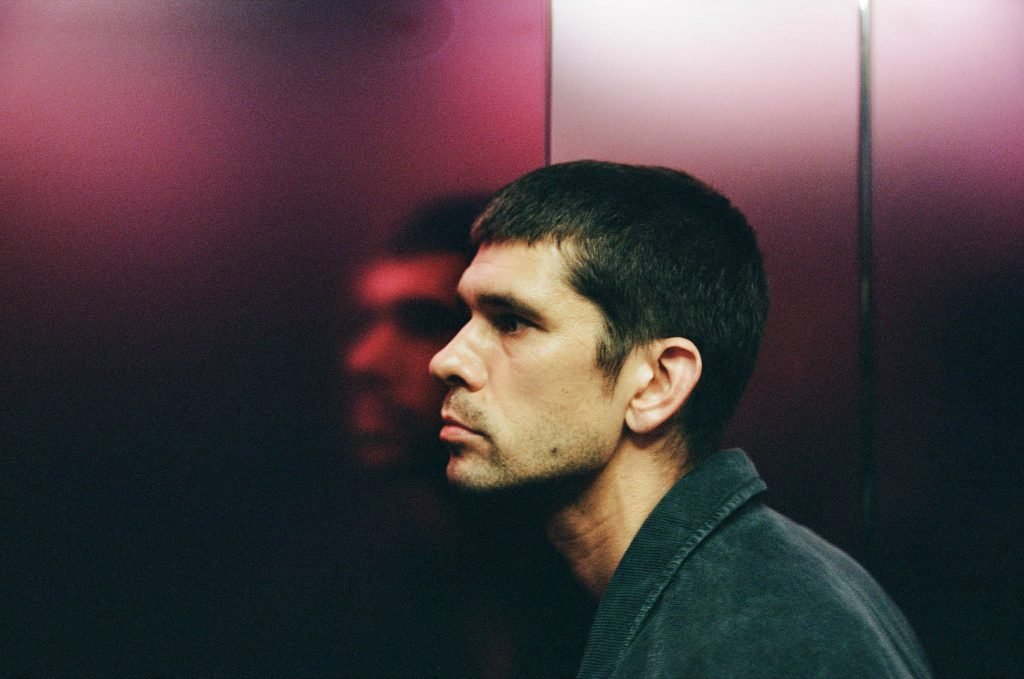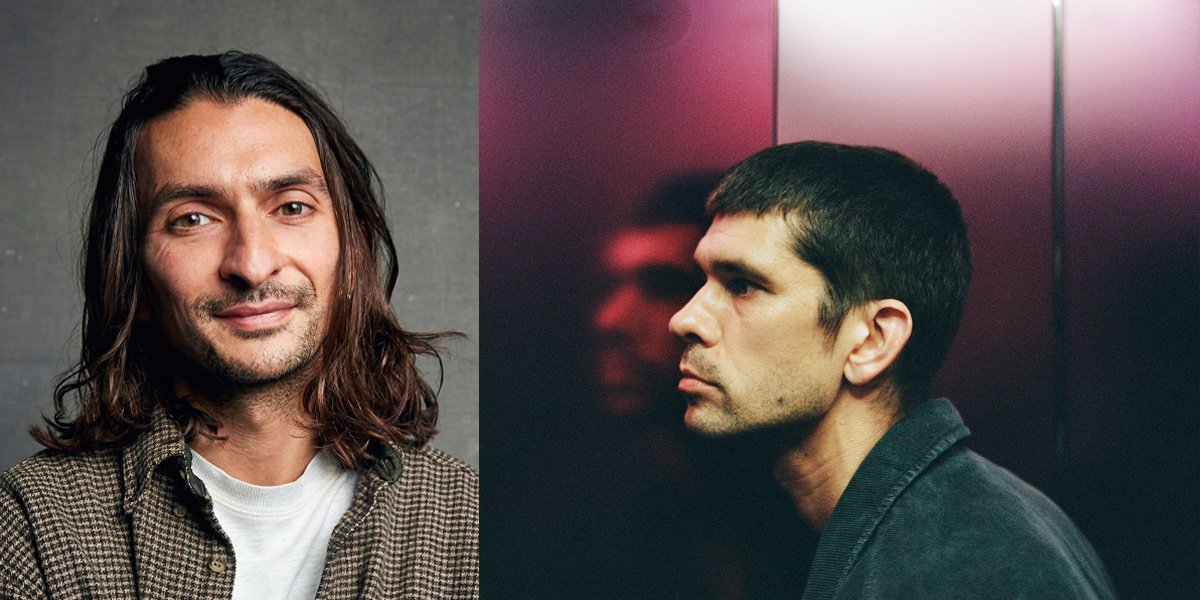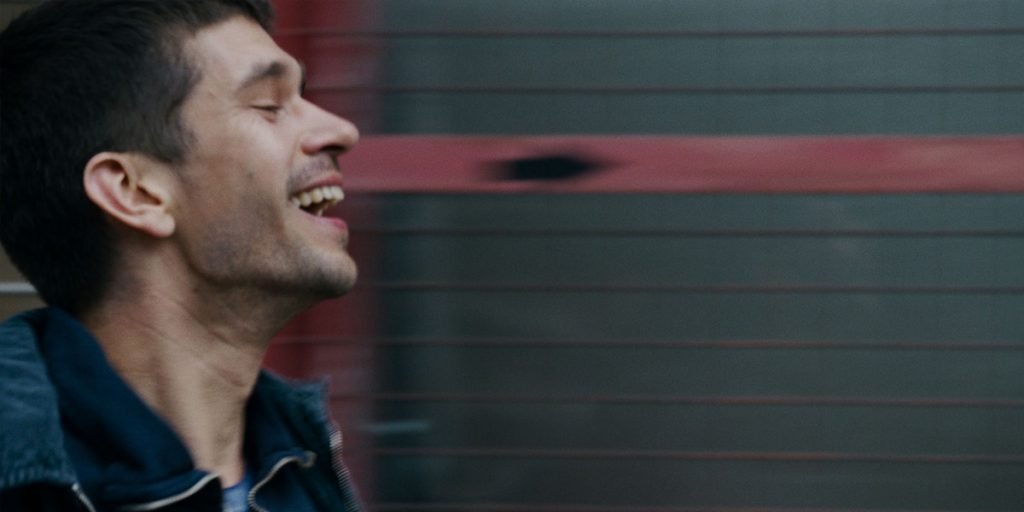Surge is a dazzling feat of primal liberation and a fantastic sensory immersion of rebirth, driven by the physicality of movement, intuition and impulse.
After the year we’ve had, full of Covid-19 fears and lockdown-induced emotional turmoil, there are few films that even dare to delve deeper into the inner mechanics of our psyche and how this affects our behaviour, than Surge. After all, you never know how painful the mirror we would hold up to our current society can be. However, I believe it is especially relevant in turbulent times to get back to our roots and explore the societal constraints on behaviour and what is defined as being unwell. Director Aneil Karia’s first feature length film may have been a long process in the making, but the end result is certainly a mind-boggling feat of directing, sound and cinema mastery. With its many years of development, Surge certainly comes to fruition like a fine wine. Round-bodied with a sharp edge, the perfect balance between the fine acting work by Ben Whishaw (The Lobster, Cloud Atlas), excellent cinematography by Stuart Bentley (Black Mirror, This Is England ‘90) and sound design by Paul Davies (You Were Never Really Here, We Need to Talk About Kevin).
Surge introduces us to Joseph (Ben Whishaw, The Lobster, Cloud Atlas), who lives a life devoid of emotion and meaning, has an uninspiring job working in the security section of a London airport, and is regularly belittled and criticized by his disappointed parents (Ian Gelder, Torchwood, Game of Thrones, and Ellie Haddington, Enola Holmes, Motherland). One day something cracks inside of Joseph and an impulsive act of rebellion leads him to go on a reckless and uninhibited journey through London, where he unleashes a wilder version of himself. Over the course of the 24 hours, we watch him come more and more to life in this ultimate act of self-liberation.
Surge does a very subtle but enthralling job of breaking the fourth wall without actually breaking it. Throughout the film, there is a compelling switch in perspectives and perceptions between us as viewer, sharing in Joseph’s experiences of the world, and us as a neutral bystander watching Joseph’s behaviour. The inability of bystanders, both on and off screen, to act and intervene in what society will clearly perceive as Joseph having a major mental breakdown, adds to the real rawness of the film’s intentions. The surrealness of the situation is entrancingly contrasted by the addition of spatial audio by the sound team, as well as a shaky handheld camera that gives the film an immersive and alive element.

The film examines how we, as individuals in a society, are constrained by stress, threat and fear. Surge portrays a meaningful and vitalising trip out of a surface-existence and opens our eyes to more visceral experiences of the world, led by instinct rather than the analytical mind. Whether it is dazedly smiling through a bank robbery (armed with a banana) or grooving to the musical sounds a city makes, Joseph’s world becomes increasingly more erratic and physical while at the same energised and more mindful. There is always this electric current of thrilling dread in wondering (and watching) what Joseph will do next. His intense wild looks and muscle spasms, all ensure that we are aware of an uncontrollable energy running through the film. It is an energy that permeates through your day even after watching the film and makes you daydream of liberating yourself from societal conventions, after all, it’s just not important.
Joseph’s bizarre journey and manic mannerisms require such delicate attention to the flow of movement and bodily kinetics, none other but Ben Whishaw could have possibly portrayed the character so well. Whishaw’s unique energy in visualizing and physicalizing the inner psyche was enhanced by Karia’s special attention to the circumstances in which Surge was filmed. The uncomfortably rough feeling of London life on the streets and the bystanders’ reactions to Joseph’s character were accomplished by keeping Whishaw away from the rest of the cast and crew until the moment the cameras were rolling. This results in an alertness and unpredictability that make the film so enthralling. As the majority of the scenes were never rehearsed, it retained the electricity, edge, and focus so important in these highly sensory 105 minutes of raw primal behaviour. From narrative details to film setting, Surge is a highly meticulous psychological study of one man’s journey to enlightenment.
Surge had its UK premiere at the Glasgow Film Festival on Friday March 5, 2021, and is now available to watch on digital platforms. Read our interview with director Aneil Karia.

 loudandclearreviews.com
loudandclearreviews.com
